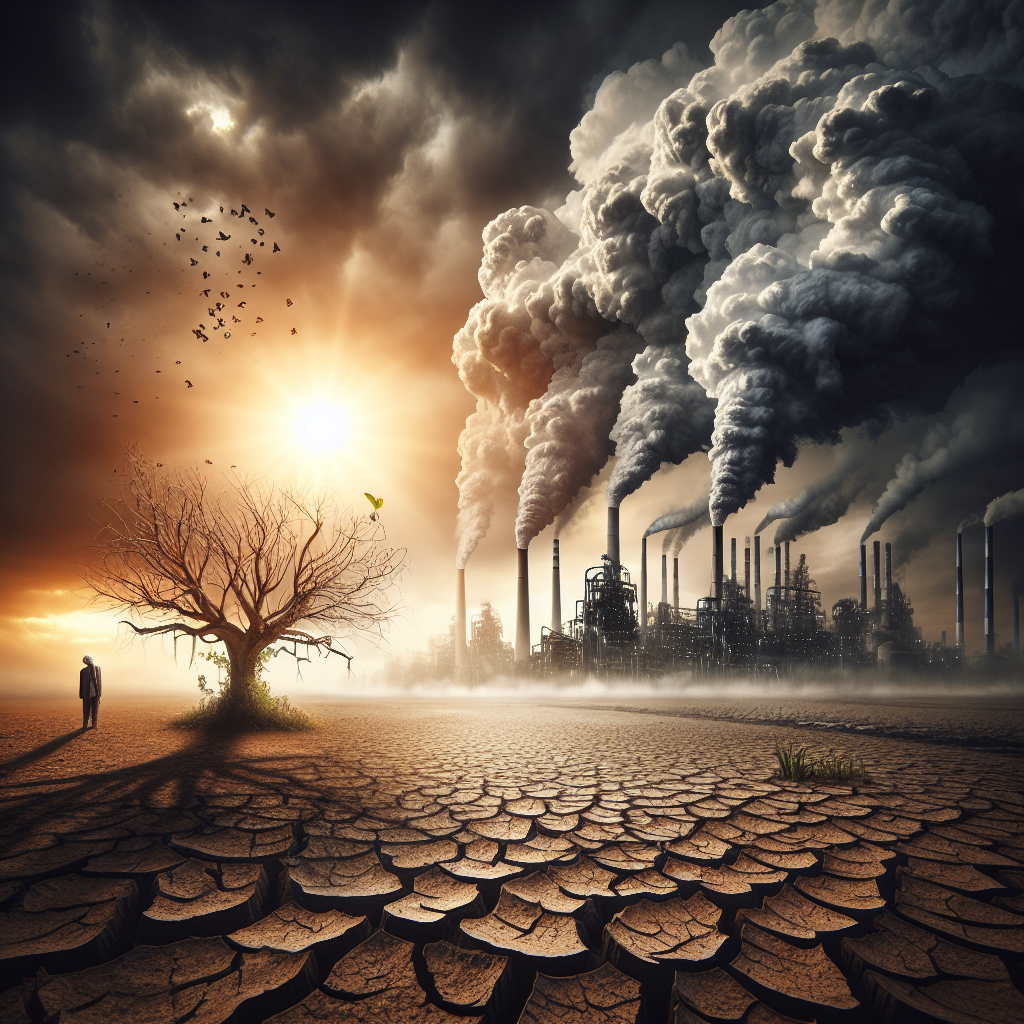The Ongoing Battle Against Climate Change: Challenges and Hope
For decades, scientists warned about the devastating impacts of burning fossil fuels on the climate. These impacts, including extreme weather events and increased migration, are now being felt globally. However, hope exists through renewable energy solutions and technological advancements, although achieving comprehensive climate solutions remains a complex challenge.

For decades, scientists have warned that the continued burning of oil, gas, and coal would have devastating climate impacts. Today, these warnings are becoming reality around the world, with extreme weather events and climate-related crises escalating.
Climate change is driving extreme weather patterns, leading to record-breaking temperatures, devastating floods in countries like Pakistan and Libya, and powerful hurricanes hitting usual targets such as India and the USA. Scientists have known for over a century that fossil fuel emissions heat the planet, which accelerates and intensifies these weather anomalies.
The impacts of climate change are pervasive but unequal. Wealthier individuals can adapt better, whereas poorer communities face disproportionate suffering. For example, poorer coastal dwellers can't easily relocate from rising sea levels. The resultant climate inequality often forces millions into migration each year, as extreme weather renders their homes uninhabitable.
Beyond the human toll, the financial cost is soaring. Governments and private sectors are pouring billions into combating and rebuilding after extreme weather events, driving up insurance premiums and affecting overall economic stability. However, there is cautious optimism. Advances in renewable energy, like solar and wind power, offer solutions, although these come with their own challenges. Effective climate action requires a multi-faceted approach, with simultaneous implementation of various solutions. Despite the obstacles, these shifts offer hope that climate change can still be mitigated.
(With inputs from agencies.)
ALSO READ
UK Unveils Tough New Measures Against Illegal Migration
Sharp Decline in British Visas for Health Workers and Students Amid Migration Policies
Panama Increases Deportation Flights Amid U.S. Election Migration Concerns
Spain-Mauritania Pact to Curb Migration to Canary Islands
Spanish Prime Minister's Milestone Visit to Gambia Aims to Tackle Irregular Migration










